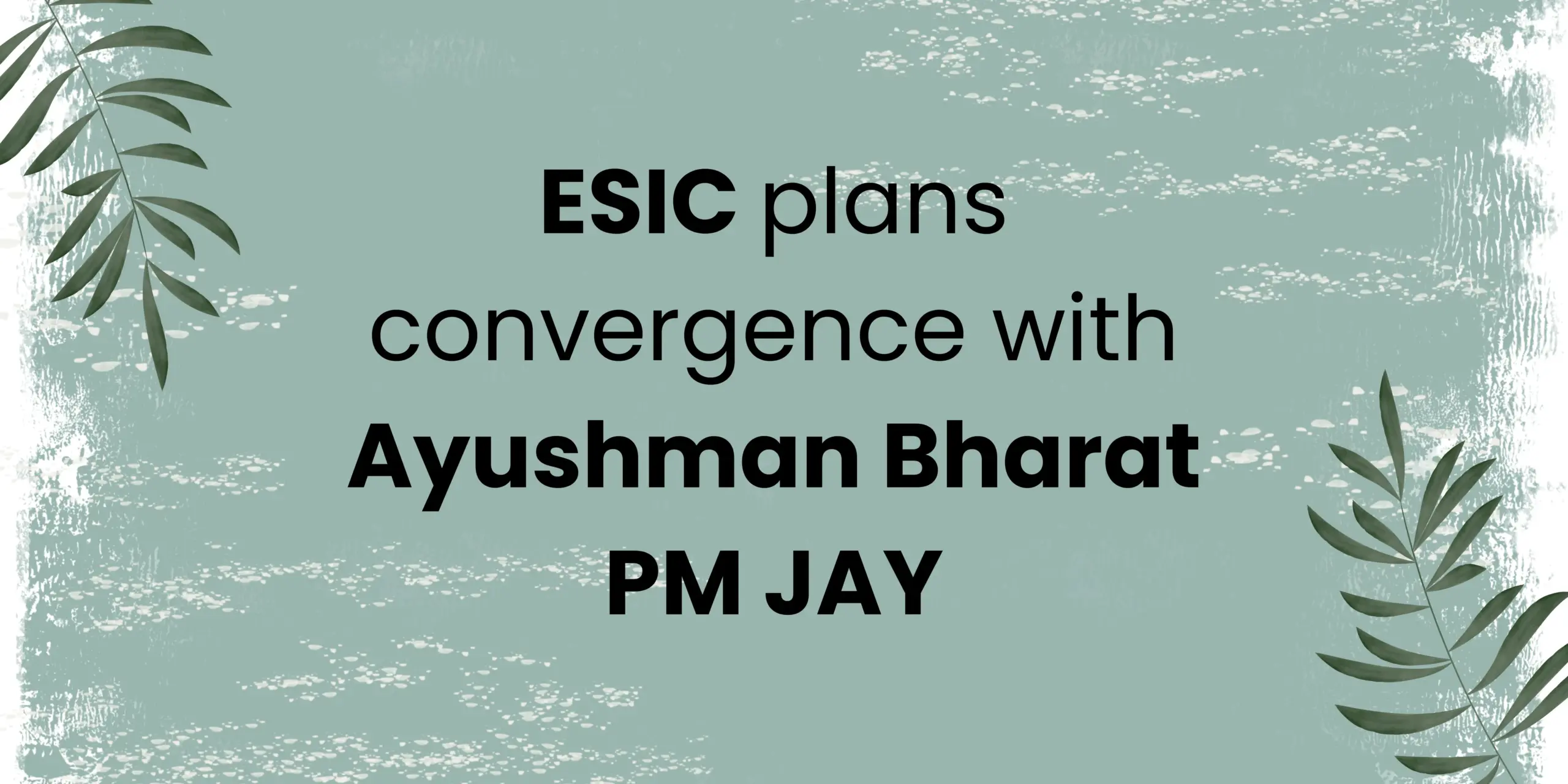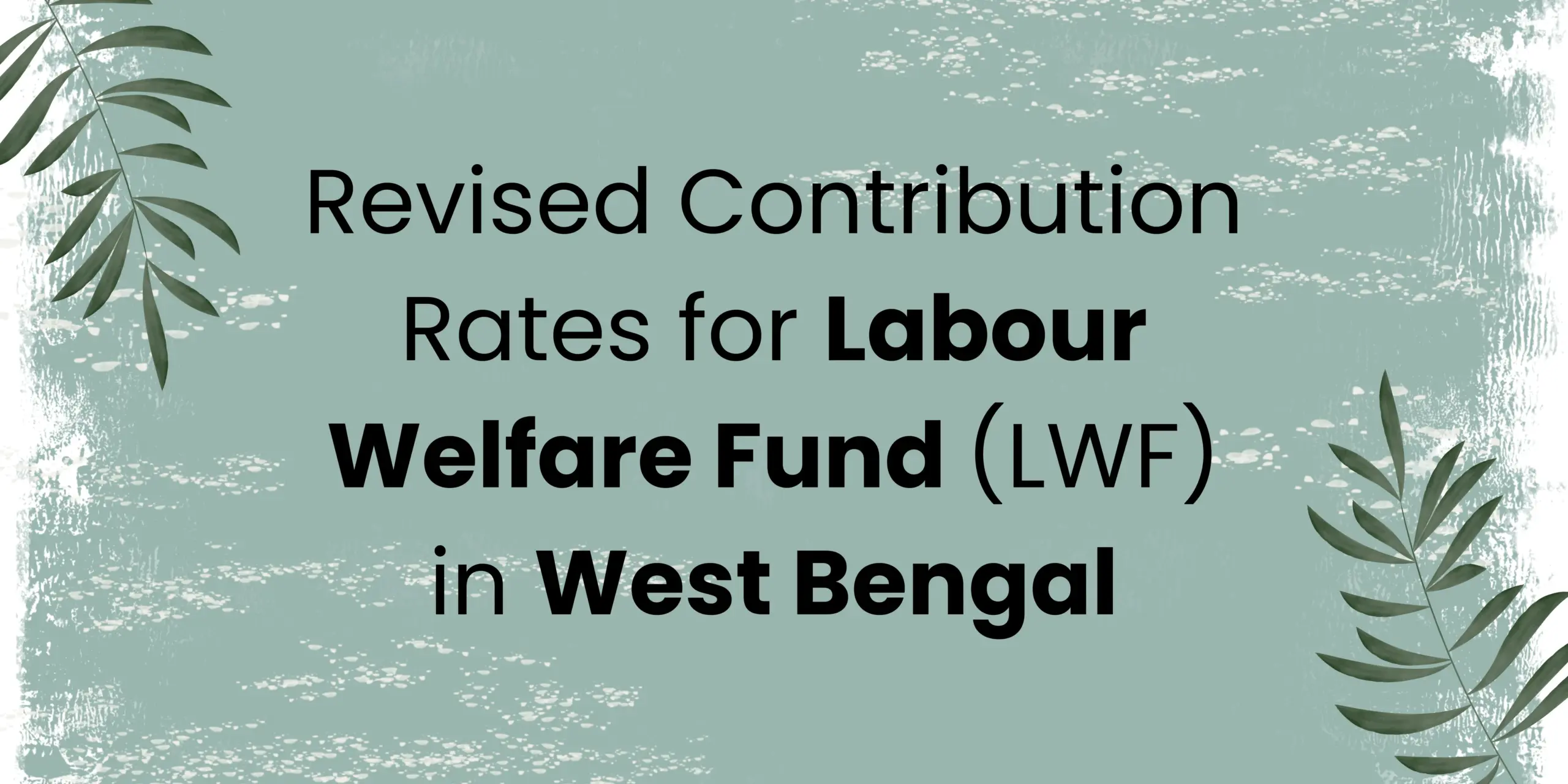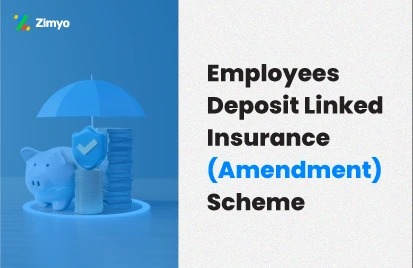Did you hear about the latest update on minimum wages in Delhi? On 26th September 2024, Delhi Chief Minister Atishi made a significant announcement that will directly impact many workers across the city. This minimum wage hike in Delhi is seen as a bold move by the Aam Aadmi Party (AAP) government to improve financial security for various job categories. Let’s understand the details of this new development and how it affects workers in Delhi.
New Minimum Wages in Delhi
So, what are the new wage figures? The Delhi government has announced an increase in the minimum wage, which will benefit unskilled, semi-skilled, and skilled workers. Here’s a quick breakdown of the revised minimum wages:
- Unskilled Workers: ₹18,066 per month
- Semi-skilled Workers: ₹19,929 per month
- Skilled Workers: ₹21,917 per month
Why Was This Minimum Wage Hike Important?
You might be wondering, why now? The hike comes at a time when workers across the country are dealing with inflation and higher living costs. By increasing the minimum wages in Delhi, the AAP government is aiming to provide financial relief to those who need it most—people working in low-paying jobs.
Atishi attributed this achievement to the leadership of former Delhi Chief Minister Arvind Kejriwal, noting that the AAP government has consistently worked to raise living standards for its citizens. She also pointed out that these revised wages are higher than those in many BJP-ruled states, where the minimum wages can be up to half of what they are in Delhi.
The Political Context Behind the Minimum Wage Hike
The minimum wage hike in Delhi didn’t happen in a vacuum. In fact, it came amid ongoing political debates about social welfare and workers’ rights. During her announcement, Delhi CM Atishi criticized the BJP, accusing them of being “anti-poor.” She compared the minimum wages in Delhi with those in other BJP-ruled states, driving home the point that the AAP is more focused on worker welfare.
This isn’t just about wages—it’s about setting a standard. The AAP government is trying to create a narrative that positions them as the champions of the working class, while portraying their political rivals as unsupportive of labor rights.
How Will This Wage Increase Impact Workers?
For thousands of workers, this wage hike is a big deal. Let’s take an example. If you’re an unskilled worker earning the previous minimum wage of ₹16,000, this new wage of ₹18,066 means an extra ₹2,000 in your pocket each month. Over the course of a year, that’s an additional ₹24,000—money that could be used for healthcare, education, or daily expenses.
For semi-skilled and skilled workers, the impact is even greater. Semi-skilled workers will see their wages increase to ₹19,929 per month, while skilled workers will now earn ₹21,917. This increase could significantly improve the quality of life for many families.
The Role of Government Collaboration
It’s important to note that this wage hike wasn’t decided overnight. According to Delhi CM Atishi, this decision was the result of careful planning and collaboration within the government. After a meeting with key department heads, including Saurabh Bharadwaj and Gopal Rai, Atishi emphasized the need for unity within the administration.
She said, “Let us work together in the interest of the people of Delhi.” Her statement reflects the government’s determination to prioritize the well-being of workers and ensure that public services are delivered effectively.
Accountability and Transparency in Governance
Atishi also touched on a key point during her announcement: accountability. She reminded the public that the Delhi government is funded by the taxes paid by citizens and that the government must remain accountable to the people. This focus on transparency and integrity shows the government’s commitment to delivering top-notch public services and maintaining public trust.
What Does This Mean for the Future?
The minimum wage hike in Delhi sets a new benchmark for worker welfare in India. By increasing wages and improving financial security, the Delhi Chief Minister and her team have shown that they are serious about addressing the needs of the working class.
But what’s next? This wage increase could have a ripple effect across India. As other states observe how this move impacts workers in Delhi, they may feel the pressure to follow suit and raise minimum wages in their own regions.
Conclusion: A Step Forward for Workers in Delhi
The minimum wage hike in Delhi is more than just a policy update—it’s a lifeline for many workers struggling to make ends meet. With new minimum wages set at ₹18,066 for unskilled workers, ₹19,929 for semi-skilled workers, and ₹21,917 for skilled workers, the Delhi government has taken a major step toward improving the financial security of its citizens.
As Atishi and the AAP government continue to focus on welfare measures, this decision is a clear indication of their commitment to worker rights and social welfare. Whether you’re directly affected by this wage increase or watching from another state, this minimum wage hike could shape the future of labor laws across the country.




